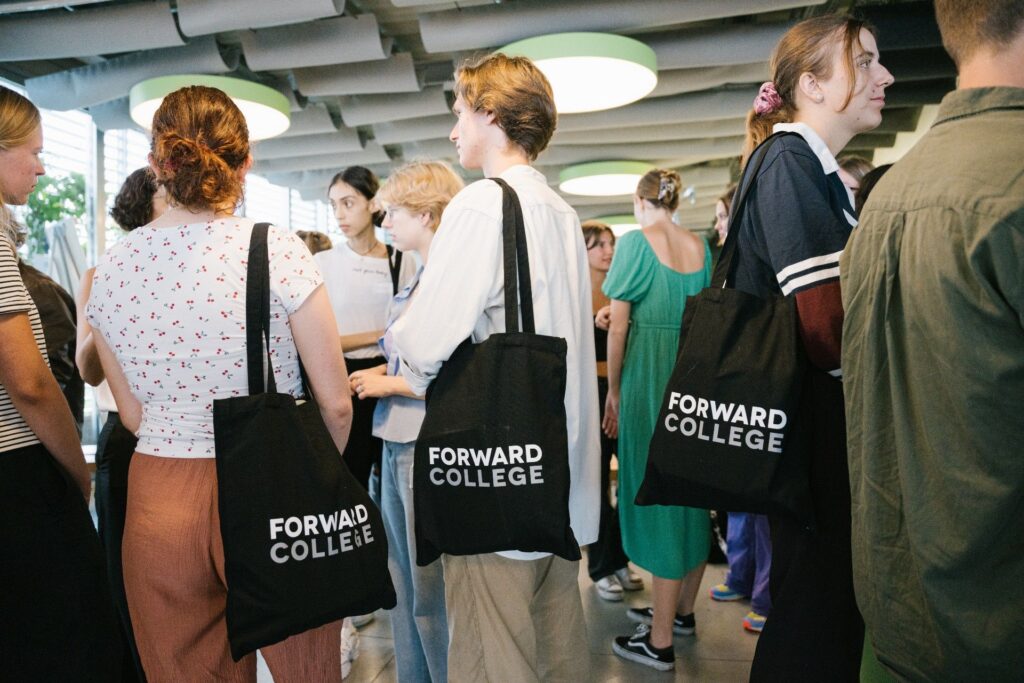
Dr. Marucia Bardagi
Wellbeing Coordinator
Student life


Our students will be pushed out of their comfort zones on several occasions as they transition from high school to university. They will gain autonomy while living away from family, in a new country, and within a vibrant, multicultural community. They will explore fresh teaching approaches—sometimes in a new language—and experience new ways of collaborating, from team projects to real-world challenges.
We see these moments not as obstacles, but as catalysts for growth. Every challenge you face, and every mistake you learn from, builds resilience, confidence, and a lasting sense of self-efficacy that will serve you far beyond graduation.

Our programme is designed to help students build strong, lasting connections through a variety of activities and shared experiences.
Forward College students receive personalised guidance and ongoing assistance to help them grow academically and personally throughout their time here.

Short-term counselling is available for students at Forward College as they transition and adapt to the academic, personal and emotional challenges of entering and progressing through university.
Students may seek Forward College counselling services for additional support to help them manage the following concerns: exam stress; managing anxiety; addressing study blocks and persistent procrastination; other wellbeing and emotional concerns.
Where students are in need of or considering other forms of support, such as therapeutic care for mental health issues, medium, long-term support or crisis-support, our counsellors will assist them in finding the relevant healthcare services locally in each campus city.
